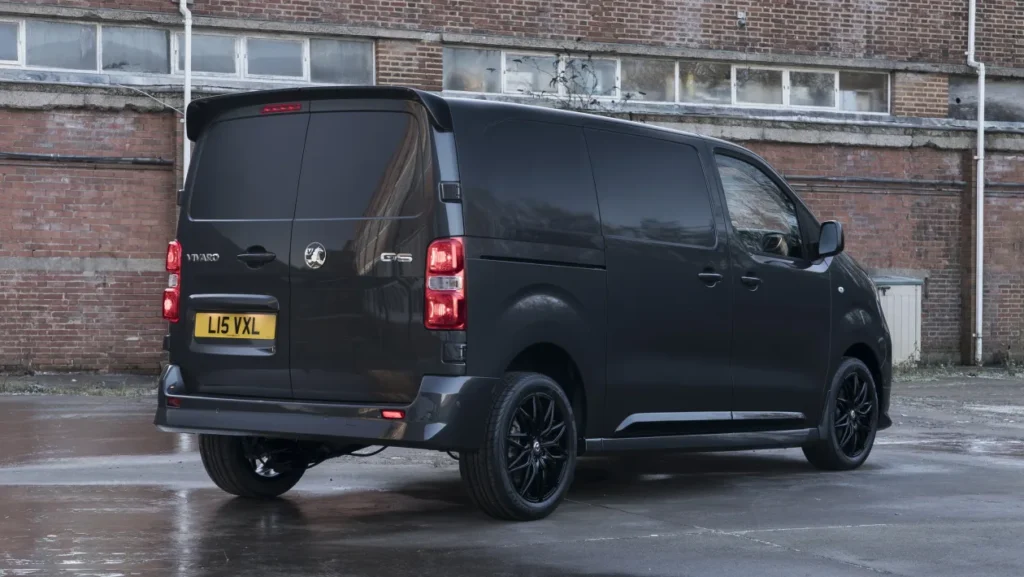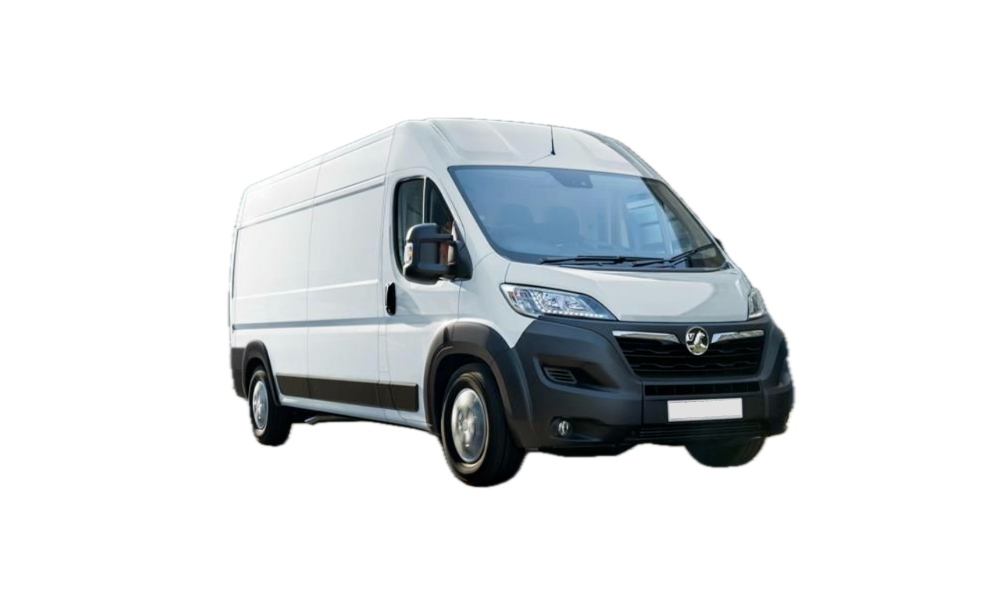
Is Leasing a Van a Good Idea?
Leasing a van has become an increasingly popular option for businesses and individuals alike. Whether you need a van for your business operations, a personal project, or even for an adventure road trip, leasing can be a flexible and cost-effective solution. But is leasing a van the right choice for you? In this comprehensive guide, we’ll explore the pros and cons of van leasing, the factors you should consider, and how to make the best decision for your needs.
What Is Van Leasing?
Van leasing is essentially a long-term rental agreement. Instead of purchasing a van outright, you pay a monthly fee to use the vehicle for a specified period, usually between two to five years. At the end of the lease term, you return the van to the leasing company, or in some cases, you may have the option to purchase it.
Leasing offers the opportunity to drive a brand-new or nearly new van without the upfront cost of buying one. It’s particularly appealing for businesses looking to manage cash flow or for individuals who want to avoid the financial commitment of vehicle ownership.
Benefits of Leasing a Van
1. Lower Initial Costs
One of the most significant advantages of leasing a van is the reduced initial financial outlay. Unlike purchasing, which often requires a large down payment, leasing typically involves a much smaller deposit and manageable monthly payments.
2. Predictable Monthly Expenses
When you lease a van, you agree to a fixed monthly payment for the duration of the contract. This predictable expense makes it easier to budget, especially for businesses that need to manage operating costs effectively.
3. Access to Newer Models
Leasing allows you to drive the latest van models equipped with modern features and improved fuel efficiency. This can be particularly beneficial for businesses looking to maintain a professional image and reduce operating costs.
4. Avoid Depreciation Worries
Vehicle depreciation can be a significant concern for van owners. By leasing, you avoid the risk of losing money as the van’s value decreases over time. Once the lease term ends, you simply return the vehicle.
5. Maintenance Packages
Many van leasing agreements include maintenance packages, which can cover servicing, repairs, and even tire replacements. This can save you time, money, and hassle in the long run.
Drawbacks of Leasing a Van
1. No Ownership
Perhaps the most obvious downside to leasing is that you don’t own the van. At the end of the lease term, you’ll need to return the vehicle unless there’s a purchase option available—and this often comes at a premium.
2. Mileage Restrictions
Most leasing agreements come with mileage limits, typically ranging from 10,000 to 30,000 miles per year. Exceeding these limits can result in additional charges, which can quickly add up.
3. Long-Term Costs
While leasing offers lower upfront costs, it may not be the most cost-effective option in the long run. If you continually lease vehicles, you’ll always have a monthly payment, whereas buying a van outright can save money over time.
4. Early Termination Fees
If you need to end your lease early, you may face hefty penalties. This lack of flexibility can be problematic for businesses or individuals whose circumstances change unexpectedly.
Factors to Consider Before Leasing a Van
1. Purpose of the Van
Consider what you’ll be using the van for. Is it for business deliveries, personal use, or a specific project? The intended use will influence the type of van you need and whether leasing makes sense for your situation.
2. Budget
Leasing may be a more affordable option initially, but it’s essential to consider your long-term budget. Calculate the total cost of the lease, including any additional fees, and compare it to the cost of purchasing a van.
3. Mileage Needs
Evaluate your expected mileage. If you anticipate driving significant distances, ensure that the lease agreement’s mileage allowance aligns with your needs to avoid costly overage fees.
4. Contract Terms
Review the terms of the lease agreement carefully. Pay attention to factors such as maintenance responsibilities, penalties for early termination, and the condition requirements for returning the van.
5. Tax Benefits
For businesses, leasing a van can offer tax advantages. Lease payments may be tax-deductible as a business expense, making it a financially savvy choice for companies. Consult with a tax advisor to understand how this applies to your situation.
Who Should Consider Leasing a Van?
Leasing a van is a great option for:
- Small Businesses: Leasing allows small businesses to preserve cash flow while still accessing reliable, modern vehicles.
- Seasonal Operations: Businesses with fluctuating needs can benefit from leasing agreements that align with their busy periods.
- Individuals Seeking Short-Term Solutions: If you need a van for a limited time, leasing can be more cost-effective than purchasing.
- Image-Conscious Companies: Leasing newer models ensures a professional appearance, which can be vital for customer-facing businesses.
How to Choose the Right Leasing Deal
1. Compare Leasing Companies
Not all leasing companies are created equal. Research and compare offers from different providers to find the best deal. Look for companies with transparent pricing and excellent customer reviews.
2. Negotiate Terms
Don’t be afraid to negotiate the terms of your lease. Ask about mileage allowances, maintenance packages, and any potential penalties to ensure you’re getting the most favorable terms.
3. Understand the Costs
Make sure you’re aware of all costs associated with the lease, including monthly payments, insurance, and any upfront fees. This will help you avoid surprises down the line.
4. Inspect the Van
Before signing a lease agreement, thoroughly inspect the van for any pre-existing damage. Documenting this can protect you from additional charges when returning the vehicle.
Final Thoughts
So, is leasing a van a good idea? The answer depends on your unique needs, circumstances, and financial goals. Leasing offers a range of benefits, including lower upfront costs, predictable expenses, and access to newer models. However, it’s not without its drawbacks, such as mileage restrictions and the lack of ownership.
By carefully weighing the pros and cons and considering factors like your budget, mileage needs, and intended use, you can determine whether van leasing is the right choice for you. If you decide to lease, take the time to research and compare deals to ensure you’re getting the best value for your money.
Whether you’re a business owner looking to optimize operations or an individual seeking a temporary solution, leasing a van can be a smart and practical option. With the right approach, you can enjoy the benefits of a reliable, high-quality vehicle without the long-term commitment of ownership.


